Continuing the countdown to Marvel’s Black Panther, I’m sharing my exclusive interview with Winston Duke + Andy Serkis. They brought the comic relief in Marvel’s Black Panther movie and I’m sharing info on who they are, and the roles they play in this black superhero movie.
The Comic Relief in Marvel’s Black Panther: Meet Winston Duke + Andy Serkis
While we’re all excited about seeing Chadwick, Michael B, Lupita, Danai, Angela, and Forest Whitaker in this Black Superhero movie. There are two actors, one a newbie and the other quite established. However, both play very significant roles in the Black Panther movie, and each one brings a different flavor, and a lot of the unexpected humor to this particular Marvel movie (someone’s gotta do it, right?). As far as I am concerned, four characters stand out when it comes to keeping the laughs coming in the Black Panther movie. The first and second is Leitita Wright (as Shuri), and Danai Gurira (as Okoye), but Winston Duke (as M’Baku) and Andy Serkis (as Klaue/Klaw) provide characters, which are very critical to the overall movie, but also manage to keeps things light and humorous along the way.
Who is M’Baku?
M’Baku is the formidable leader of the Jabari tribe, a group of Wakandans who have shunned the use of vibranium and removed themselves from mainstream Wakandan life. In the wake of T’Chaka’s death, M’Baku is faced with the choice of challenging T’Challa for the throne in order to return Wakanda to its isolationist ways.
Who is Klaue/Klaw?
Ulysses Klaue is an illegal arms dealer, smuggler, and all-around bad guy operating out of South Africa, whom we met in “Avengers: Age of Ultron.” He is after Wakanda’s vibranium and in the Black Panther’s crosshairs.
*note: there are some small spoilers listed.
Is Black Panther Funny?
Winston’s and Andy’s characters are ones that you may not like. They are not really a fan of T’Challa (Black Panther), and throughout the movie prove to be challenging for him. However, there is some redemption at the end for Winston’s character, M’Baku. I can’t say the same about Andy’s character. Throughout the movie, both of these characters bring the comic relief in the movie.
In the casino scene, Klaue walks in with an entourage.
Everett Ross: Well, you brought quite the entourage, do you have a mixtape coming out?
Ulysses Klaue: Oh yeah, I’ll actually send you a link. {read more quotes from Black Panther}
Another scene between Ross and Klaue takes place at the police station. Klaue is tied to a chair, singing. The way he was looking, I was waiting for him to start saying, “my precious.” It was pretty funny. Serkis is able to take the strangest roles and bring in them to life. You may not love his character, but you will stay glued to your chair because you want to know what this crazy person is going to do next. With Winston’s character, you first see him coming to challenge T’Challa. He’s the big guy, and he’s intense. After he goes back to his mountain, he is called upon for help. The looks, funny things he says, and the way he plays this role as M’Baku will make you laugh, and then you want to know more about the guy. I could totally see a movie around him, as we learn the backstory of why this particular tribe is not with Black Panther and the other tribes.
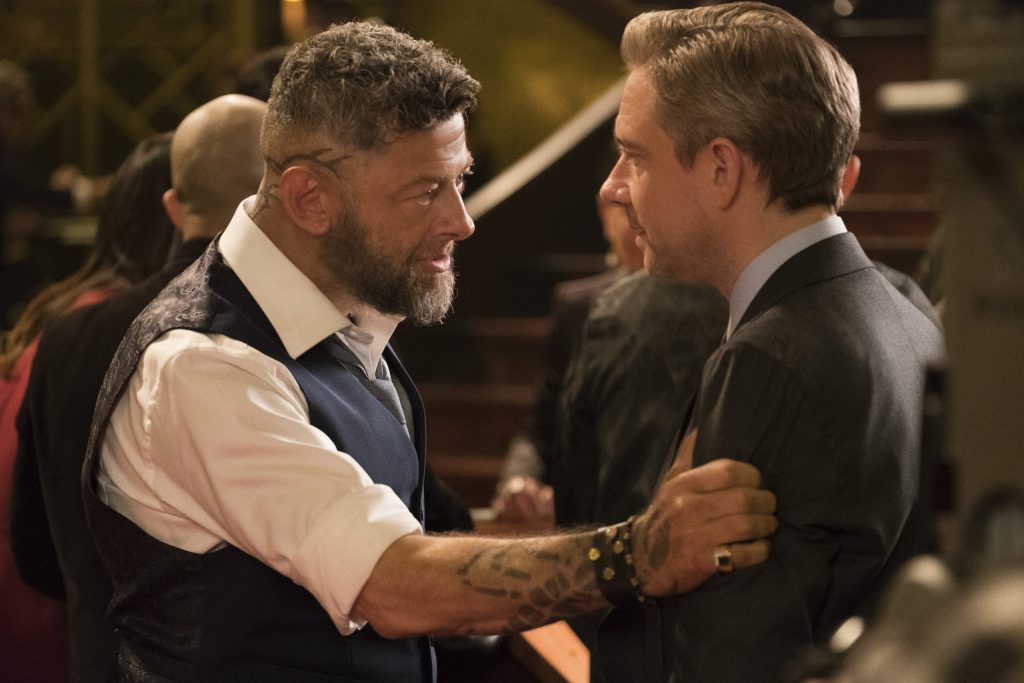
Marvel Studios’ BLACK PANTHER..L to R: Ulysses Klaue (Andy Serkis) and Everett K. Ross (Martin Freeman)..Photo: Matt Kennedy..©Marvel Studios 2018
The character you will hate in Black Panther, but love the actor (Andy Serkis)
It’s hard to fall in love with Andy Serkis’ character in Black Panther. I mean, he’s one of the villains. The other villain, Killmonger (Michael B Jordan) is a character you may hate at first, but after you hear his story, you grow soft and love him by the end of the movie. However, you are not going to get the same fuzzy fills with Serkis’ character, Ulysses Klaue (also know as Klaw).
We kind of love you but we love to hate your character so much. Tell us what it’s like to bring to life these crazy characters that people want to root against on screen?
Andy, “The thing is, it is great fun being able to dip into the dark side, because of it is in a safe environment. And we work in the world of a story where you’re allowed to do that. But what I wanted to do with this character, with Klaw, was not make him in any way a kind of an archetypal villain or considered evil, although of course, he is one of the world’s worst, because he is entirely driven by being selfish. I mean he epitomizes in this film he really epitomizes what it is to be ultimately selfish in every aspect of living.
And he’s a taker, he’s one of the world’s takers, he just grasps and pulls and brings it all to himself. But you kind of to make that character live and be human, I wanted to make him sort of strangely someone you might like to hang out with. And then- and that sort of tension for me is more interesting than playing him as a complete bad ass, you know, who’s just threatening and nasty and you don’t- and then he gets killed and then good. So it’s, constantly as an actor you’re wanting to challenge the perception of good and evil.
And I don’t necessarily believe in evil as a concept, we are all on a spectrum of- you can have people who are reformed, you can have people who do terrible things but who can love as well. So it’s trying to be complex and have a good time as well.”
It’s Winston Duke’s first film- his reaction on being in Marvel’s Black Panther
“I was given the opportunity to create a new language within that world essentially (with his character, M’Baku). And the one thing that Marvel did great that really grounded and created a new world, a new life for M’Baku was that it was a departure from the comics in a sense that it’s no longer this M’Baku being the leader of this religious minority. He’s not the leader of this religious cult, he’s now the leader of an established grounded tribe. So that gives you a lot more agency, it gives you a lot more presence, it gives you a lot more strength and ability within that world. And creating that society that lives outside of Wakanda proper was something that was really great.
I kind of want them to have this calm response nature and I want this to be present. And you go off and you study this and study that and bring it back and he’s like yeah-yeah-yeah cool- cool- cool- cool- cool- cool- cool- I think I’m going to use that yeah, I like that I like that. So he (Ryan Coogler, the director) exhibited a lot of trust when it came to us and he exhibited- it was very much a collaborative space. So you’d go in there and you’d try some things out and it would work and it felt very safe.
So being in a space with all these juggernauts of talent, you know what I mean, this is my first film. {I did not know this was his first film. I mean, he seemed like a PRO! And he played his role well!- Fantastic job Winston}
But yeah so this is my first film, so to feel like I could hold my own and create a space where I felt I had agency as an artist came from Ryan creating a safe space. Ryan creating a space and then people like this, you know, stewarding me into a world like this where I felt comfortable enough to do my best work, and feel comfortable enough to do work that I’m proud of.”
Do you want to know something really cool about Winston? You know a guy is a good guy when he brings his mother with him to his first press junket, right?! His mom was sitting in the back. The look on her face said it all. It was a look of pride, joy, and so much happiness for her son. It was adorable. It was beautiful, and something we don’t see every day in Hollywood.
And can we talk about how GORGEOUS this guy is? He is part of the Black Panther eye candy. He’s tall, and his presence on-screen and in person fills up the room.
On ad-libbing in Black Panther + playing an assigned role
In Thor, we saw quite a bit of ad-libbing in the movie, however, not so much in Black Panther. Coogler did a fantastic job assigned particular narratives to these characters that would make it seem like they were ad-libbed. Like the line where M’Baku tells Everett Ross to stop talking or he was going to feed him to his children. Ross is shocked but shuts up. M’Baku starts laughing and says, I’m kidding, we’re vegetarians! And then he sits there laughing for a good 30 seconds.
Winston starts laughing and says, “oh yeah, it was not ad-libbed, but you know what, there was a lot of play. And I think what this movie does is it questions assigned narratives, you know what I mean. It’s there are assigned narratives on people and there are assigned narratives on M’Baku, assigned narratives on his people, and he’s aware of it. And I feel like that’s a powerful place to come from. It’s definitely a place that for me as the actor, I understand that being a person of color. Being a black man in this world, I understand the narratives that are on the person, I understand that my body is highly and heavily political, just in its existence, you know what I mean. And that is a place that people who are oppressed understand.
And you are always aware of it and that gives you some power, it also gives you agency, because you actually know what’s going on at all times. So that was an example of like him having full awareness of how he is viewed and how he’s seen and what people think of him and manipulating that, you know what I mean. For his enjoyment and his people’s enjoyment. So, it’s a really cool powerful thing.
The struggle to want to save the world, but protect Wakanda
Winston: “I think what this film does powerfully is really interrogating a lot of strong questions, right. And for me, the questions are, isolationism. Or going out into the world and, you know, this colonial way of thinking. And it’s because that’s the only those are the only expressions that we’re familiar with. We’re only familiar with taking care of yourself or if we’re going to go out into the world, we’re going to bring ourselves and impose it on others, you know what I mean. So how do we do that in another way, and it’s how do we go out and help people with love.
How do we go out and help people and share who we are and what we are, without oppressing them? And I don’t know if the film presents an answer, but it asks you other questions, about how would it look like if you did. Because we’ve only seen it play out these two ways, it’s you stay away from everyone and take care of yourself and enrich yourself, or you go out and you bring yourself and you put it on others and you use terror or you use violence.
You use all these isms and put them on people. So how does that how does how do you shape that and what does it look like. And M’Baku’s question is, do we stay here, do we stay in these mountains and protect ourselves, and what kind of world are we creating by doing that. Because we also have to live in it. So I think it’s grappling with the larger questions because he’s realizing I’m part of this big world.
And it’s going to come to my doorstep, and it always comes to your doorstep. So how do we go out, how do I go out into Wakanda proper and help initiate change? So I don’t know if it presents an answer, but it does give further question.”
How Andy + Winston ended up in the Black Panther Movie
Andy: “Well so Ulysses Klaw comes into the world, in Marvel’s The Avengers: Age of Ultron. And at that point he’s working off a ship in India where he is selling he’s an arms dealer basically, he’s an arms dealer gangster. And at that point he’s amassing a huge quantity of vibranium and then Ultron tracks him down and he loses some of it. So it was teased in.
And in fact, the way that I came on board actually was when I first started working with Joss Whedon who’s directing Avengers Age of Ultron, it was using performance capture, it was actually I was helping Mark Ruffalo with the Hulk. Because they came to our studio in London called the Imaginarium and we were working with him and then James Spader to create the character Ultron because it was using the technology that I’m very familiar with. And then Josh said oh man there’s this great character which I’d really love you to play, it’s only a small scene.”
As mentioned before, being Winston’s first filmed, he was more of an unknown actor. “I went through the standard audition process. I was the audience. I’m only hearing about Black Panther and seeing the cast come together and they’re like oh my god, Chadwick Boseman and then it’s Michael B. Jordan, I’m like Michael B. Jordan is in it too? And then they announced Lupita Nyong’o. I’m like Danai has joined the cast and it just kept going and going and I just- I wanted to- I told my representatives, I said I’d just love to get in that room. I love Ryan Coogler’s work, I think it has a really strong sense of social justice, every single thing that he does. And I want my career to have a strong social justice footprint, even if it is commercial. I want it to be connected in some ways so I kind of expressed that mission for myself and my career.
I didn’t hear back for maybe four weeks. So I was like that was fun, I got to work with him, you know, I actually got to work with him. So I was content and then I got another call and they’re, they really like you and they’re asking more questions. And they want to test you. I go and I do the test and it just felt very organic, I got home, I said a prayer, I heard a voice say everything is going to be cool. You’re all good, don’t worry about it. And the rest is history.”
How does it feel to be apart of Black Panther and watching the world react to you?
Winston: “Well for me a major thing especially after watching the film last night is an excitement, it’s an excitement to know that people and not adults but children are going to be exposed to narratives like this. Before they’re fully developed and before they’ve ingested and consumed placed narratives, narratives that were formed before they were born about them, and they’re getting to see representations of people who look exactly like them. Before they’re fully formed, which is going to help them see their world differently. It’s going to change their paradigm from a really young age and they’re going to be consuming this in a way that they’re not seeing, I hope a four-year-old isn’t watching this, even though they might be watching this with an awareness of race. But they might be and that’s just the world we live in. But for them to- if they do have an awareness, a fully developed or an idea of race.
And they’re watching this and going man I could be like that and man T’Challa looks like my uncle, man T’Challa looks my cousin, Michael B. Jordan looks my dad, Winston looks my dad Winston looks like my cousin, Winston looks like me and they’re getting to see that. And children in Tobago are getting to see that, people in Trinidad, people in Brazil, people in Latin America, people all over the diaspora are going to get to see this and develop agency. That’s exciting. And I was just watching and being like, this is wonderful, it’s a great time to be in a superhero movie. And the movie itself is a superhero, it took on its own life.”
[clickToTweet tweet=”‘It’s a great time to be in a superhero movie. And the movie itself is a superhero, it took on its own life.’ – @Winston_Duke / Black Panther #BlackPantherEvent #BlackPanther” quote=”‘It’s a great time to be in a superhero movie. And the movie itself is a superhero, it took on its own life.’ – Winston Duke / Black Panther #BlackPantherEvent #BlackPanther”]
Black Panther is in theaters NOW (starts tonight, opens everywhere tomorrow, February 16th!) Are you going to see it? Of course you are! Let me know your thoughts after you see it!
READ MORE ABOUT THE BLACK SUPERHERO AND MARVEL’S BLACK PANTHER MOVIE:
Black Panther Quotes from Marvel’s Black Panther Movie
10 Takeaways From My Interview with Forest Whitaker on his character Zuri in Black Panther
Why Black Panther Matters: What He Said
Black Panther Themed Cocktail | The Chilling Mist Cocktail
The Black Panther Red Carpet Was The Blackest Reunion Ever!
Why Black Panther Is Going To Be LIT {and I haven’t even seen it}
Music Review of Kendrick Lamar’s Black Panther Soundtrack
8 Points You Need To Know From Marvel’s Black Panther Press Conference
Black Panther Cocktail | The Vibranium Cocktail with Hpnotiq
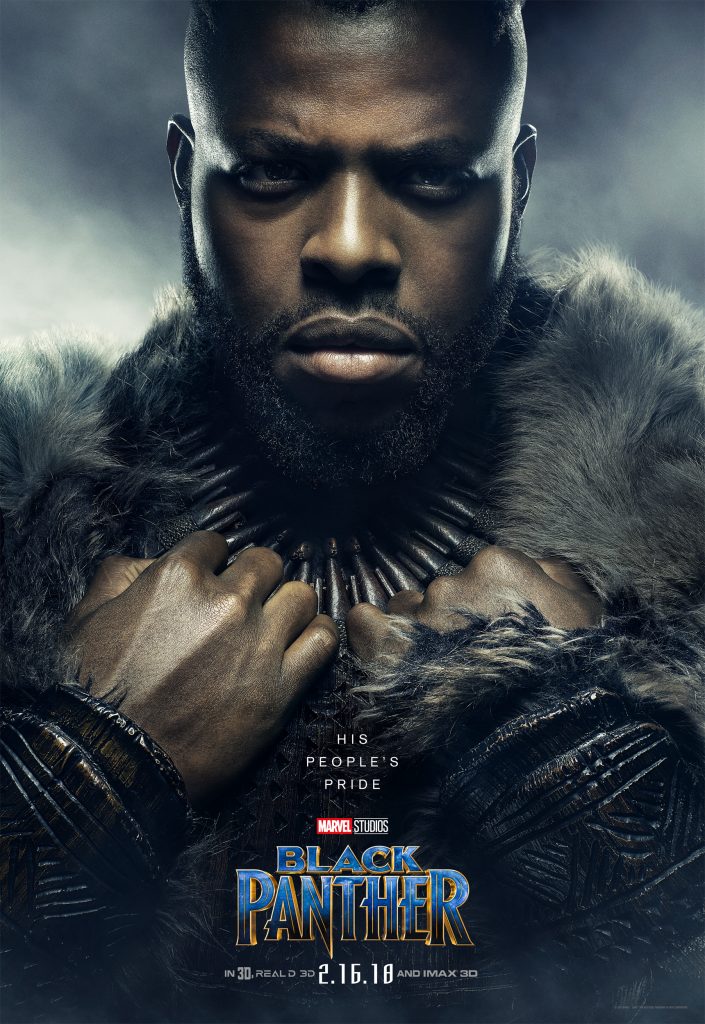
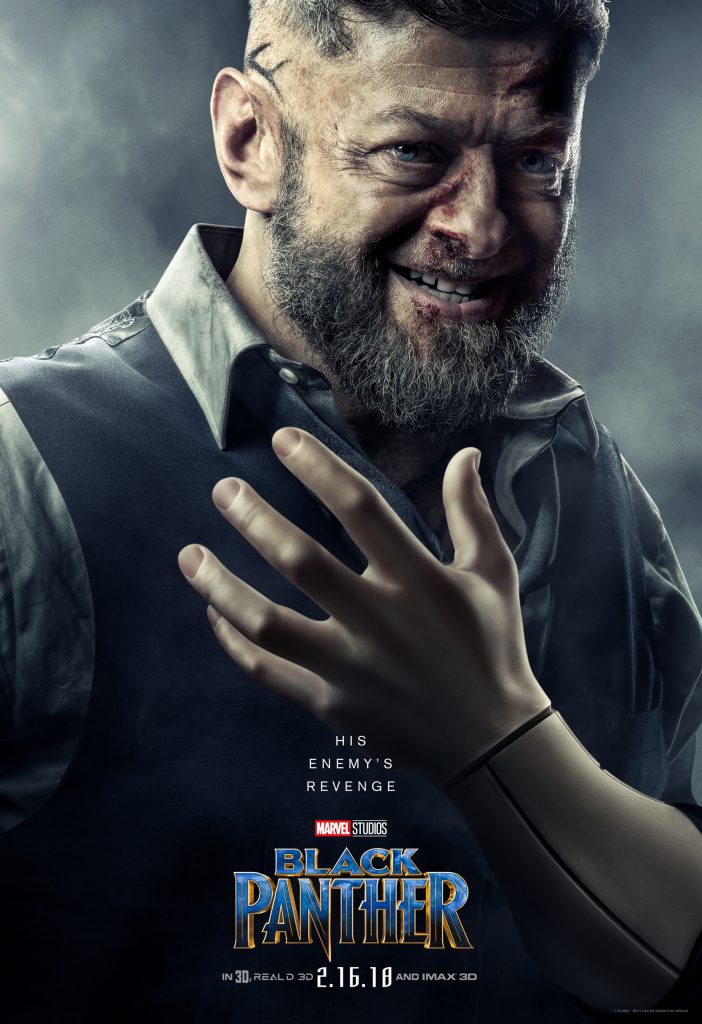
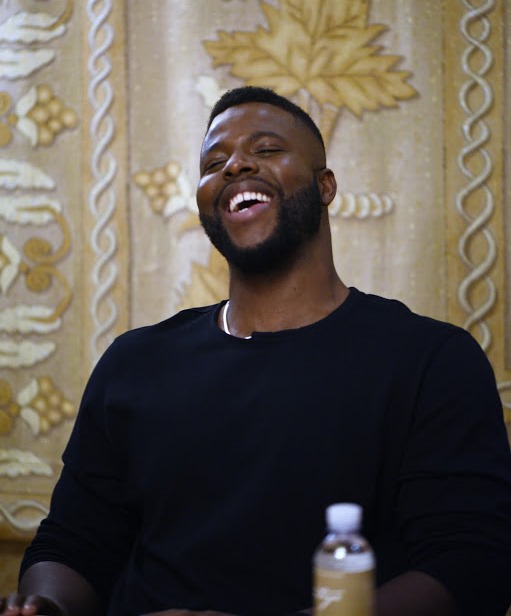
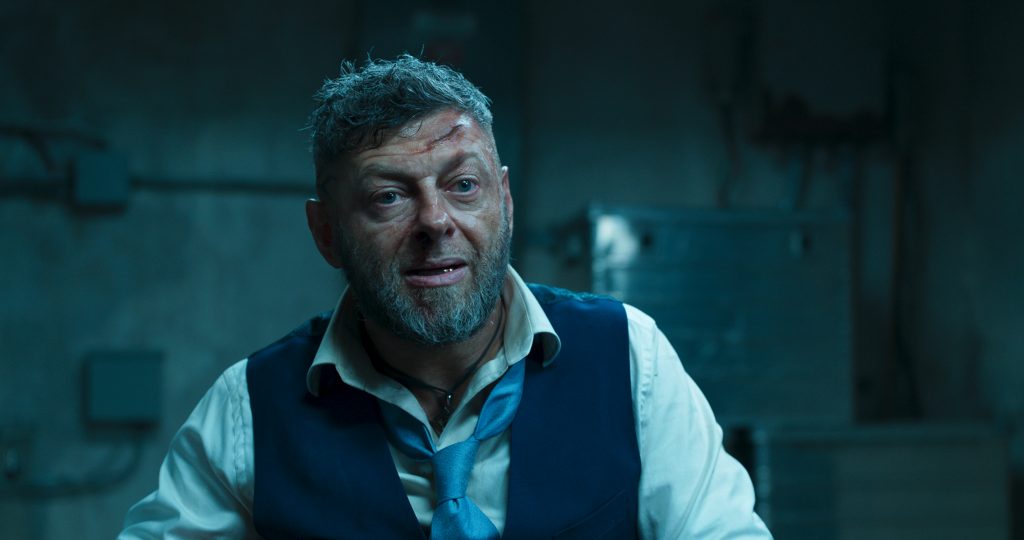
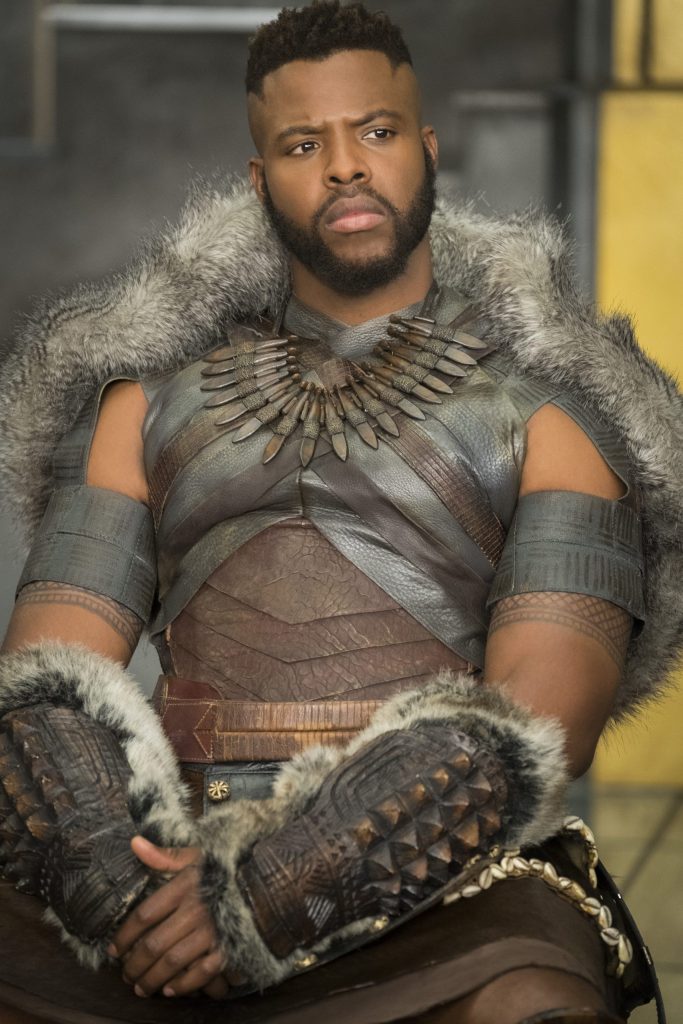
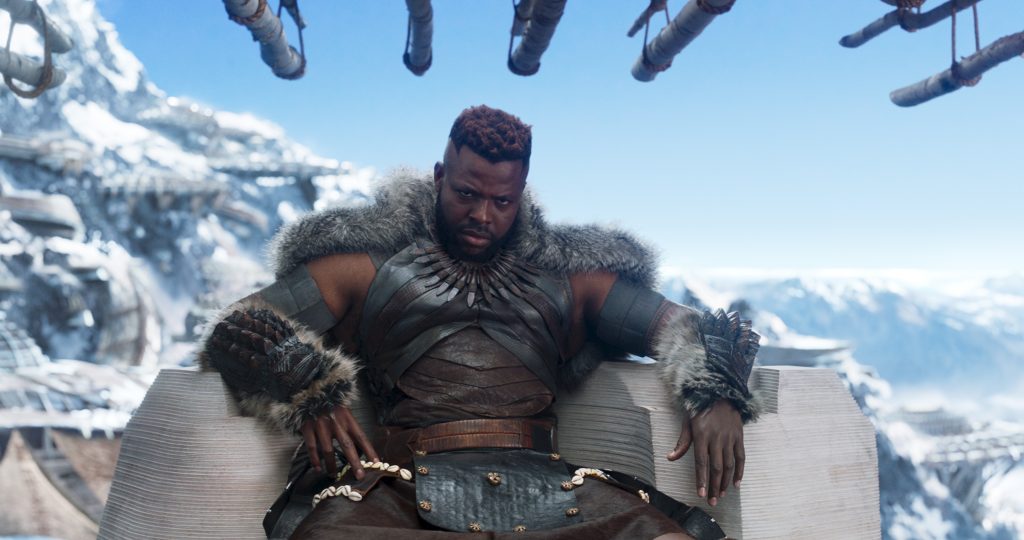
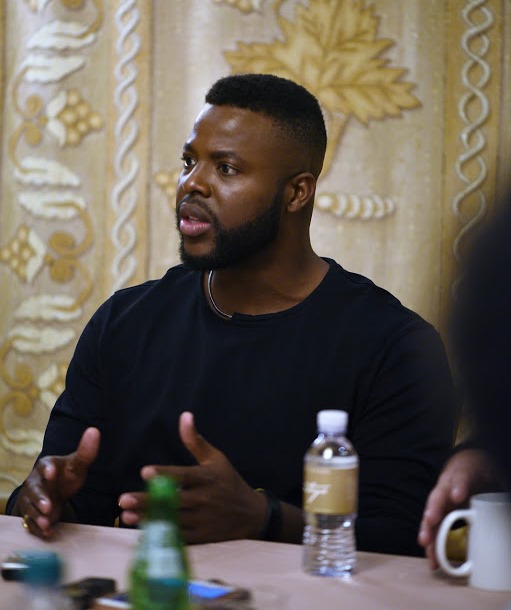
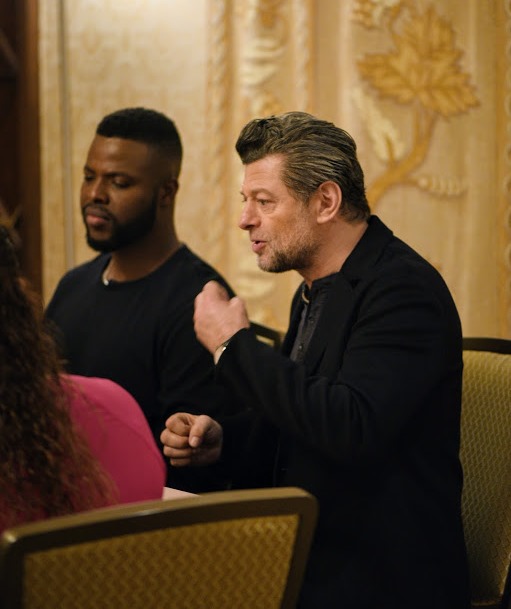

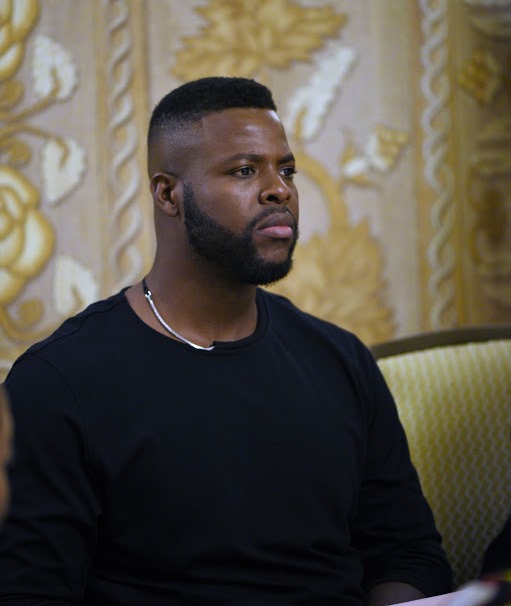
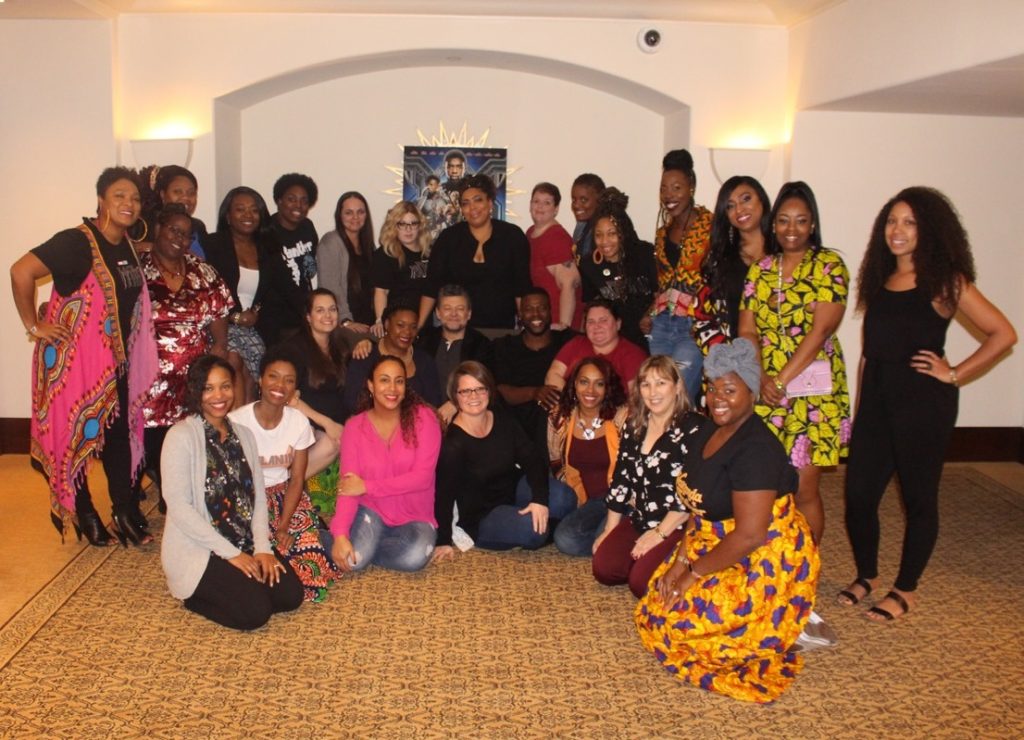
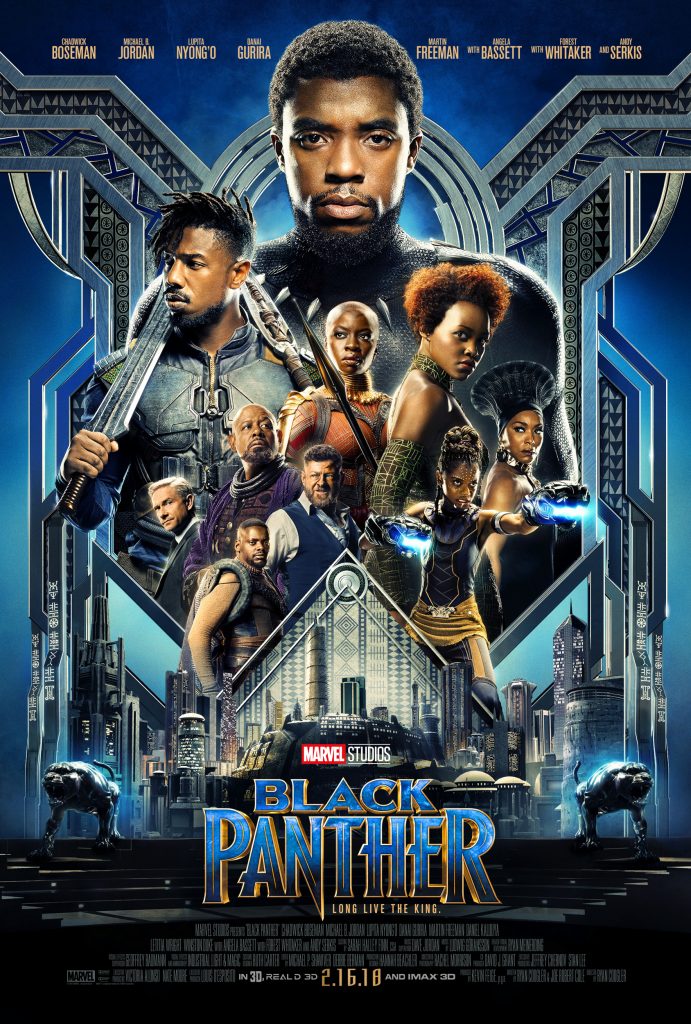
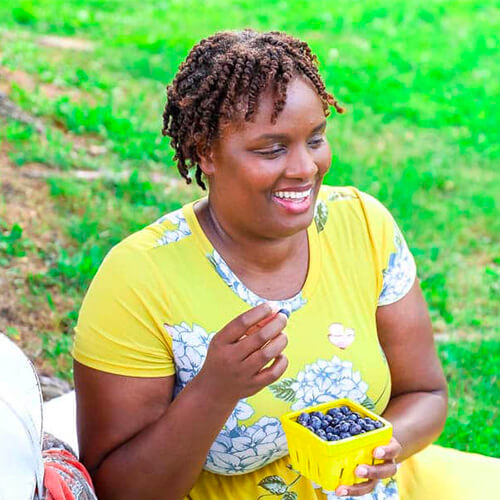
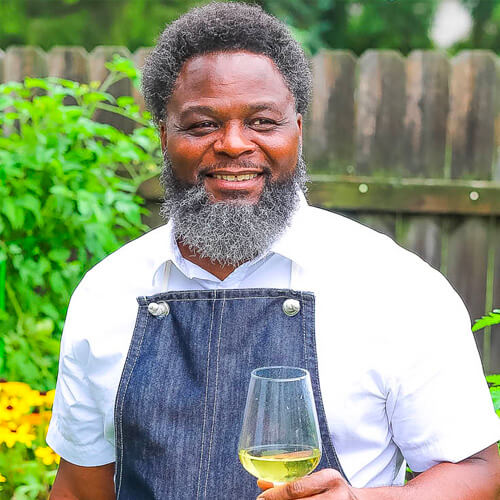
Leave a Reply